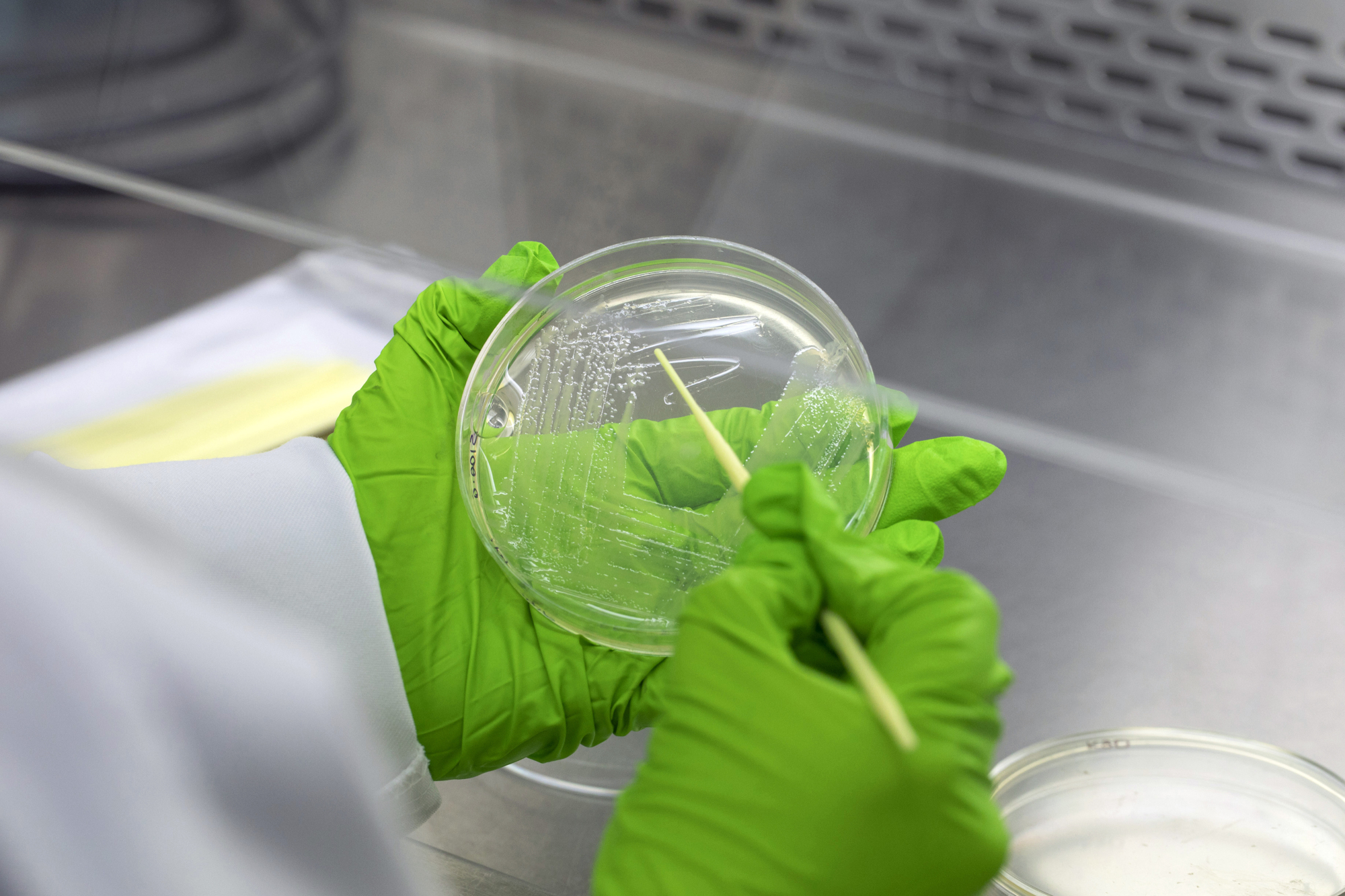It's frustrating enough when progress in medicine plods along slowly, but downright alarming when it starts to backslide. Bacterial infections were considered essentially conquered in the 20th century, and now resistant strains are projected to kill more people than cancer by 2050.
While some people dispute the projected death rate, it's agreed that bacteria are evolving resistance to antibiotics faster than the drug pipeline can produce new ones.
But in the battle between mankind and microbes, our side has a few new tactics. Some scientists are finding new, more precise strategies for adding to our antibiotic arsenal. Others are finding ways to slow down the relentless evolution of resistant bacteria. One lab, with new results published last week, is combining those tactics.


















With your current subscription plan you can comment on stories. However, before writing your first comment, please create a display name in the Profile section of your subscriber account page.